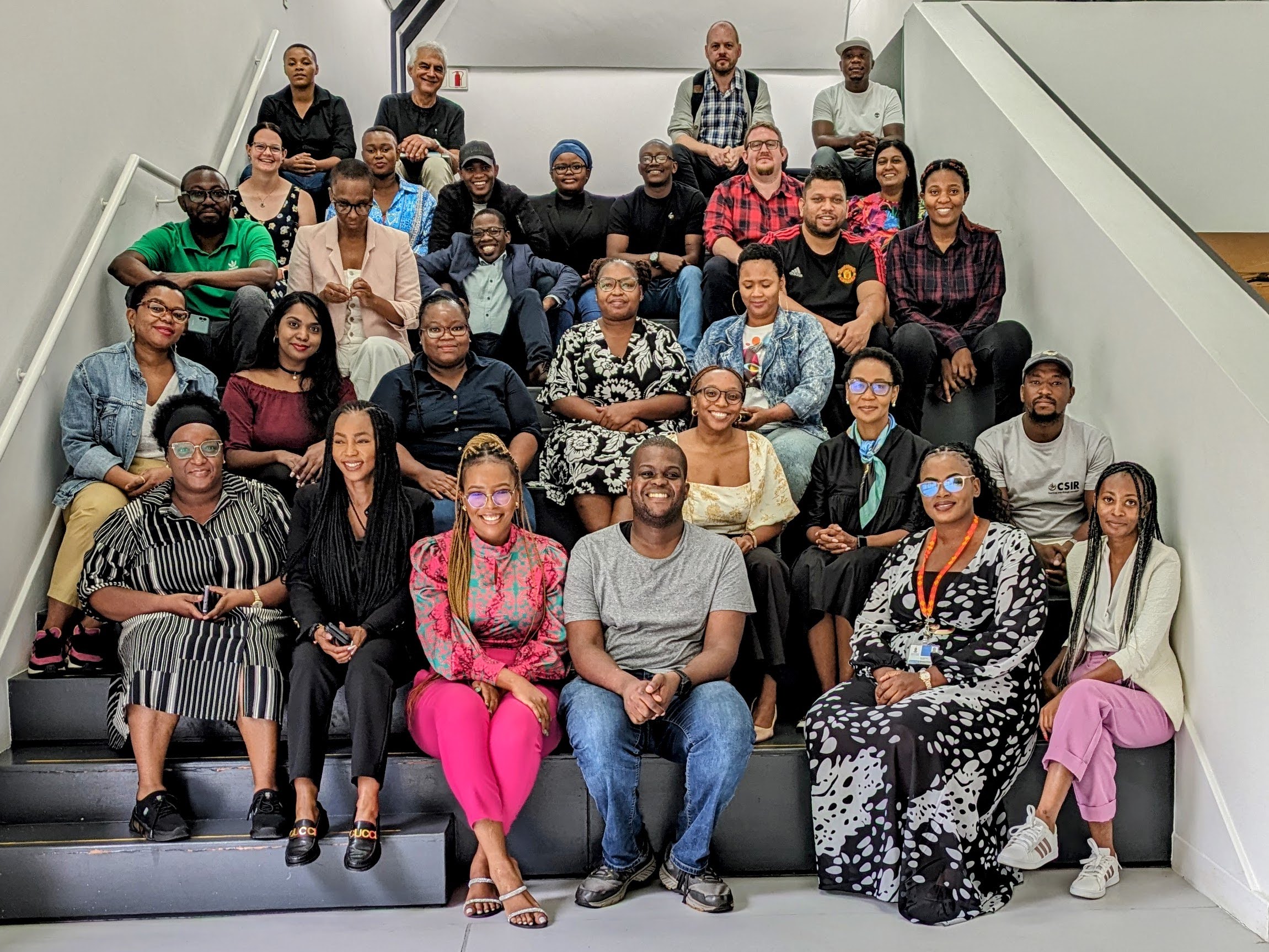Insights from the Multi-Sectoral Workshop on Battling Misinformation Ahead of the 2024 South African Elections
26 January 2024, Akananyan Building, University of Pretoria <> The #BattlingMisinformationZA workshop, hosted by the Data Science for Social Impact group focused on strategies to combat misinformation ahead of South Africa's 2024 elections.

The #BattlingMisinformationZA workshop, hosted by the Data Science for Social Impact group focused on strategies to combat misinformation ahead of South Africa’s 2024 elections. The event featured discussions on governmental strategies to counter misinformation, SANEF’s rights-based approach to the issue, and the role of accurate information in democratic processes. Key presentations included innovative approaches in election modelling and monitoring misinformation, highlighting the influence of social media and the challenges posed by Deepfakes in the context of elections. The workshop emphasised the importance of collaborative efforts and advanced technological solutions in ensuring transparent and democratic election processes, setting a global precedent in the fight against misinformation.
The Data Science for Social Impact group (DSFSI) recently hosted a critical workshop, #BattlingMisinformationZA. The event, led by Seani Rananga with the help of many volunteers from DSFSI, brought together experts from various fields to strategize against misinformation in the lead-up to South Africa’s 2024 elections.
Regomoditswe Mavimbela from Government Communication and Information System, (GCIS) opened the workshop, discussing the government’s efforts to combat misinformation. Following her, Guy Berger from South African National Editors’ Forum (SANEF) highlighted a rights-based approach to misinformation, focusing on its impact on South African elections and broader implications in Africa.
The CSIR team presented their work on election modelling and misinformation monitoring. Nomshado Lubisi-Nkosinkulu from Media Monitoring Africa then spoke on the importance of accurate information in democratic processes, while Gcotyelwa Jimlongo from Futurelect emphasised active citizenship’s role in strengthening democracy.
Insights on social media’s influence in misinformation were provided by Kyle Finlay of Murmur Intelligence. Remote presentations included Phumzile van Damme’s strategies against misinformation. Ellison Shumba’s presented a discussion on combating Deepfakes in elections. Jean Le Roux from Digital Forensic Research Lab shared applicable strategies from the 2020 US elections, and Molebogeng Mokoka from the Centre for Analytics and Behavioural Change focused on engaging voters and youth for the upcoming elections.
The workshop wrapped up with a session led by Prof Vukosi Marivate from DSFSI and University of Pretoria, stressing the need for collaborative efforts to effectively combat misinformation. This event marked a significant milestone in promoting informed and transparent electoral processes in South Africa, serving as a model for similar global initiatives.
The workshop was made possible by a gift from Google Inc. that supports DSFSI. We are thankful to the Centre for Sexualities, AIDS and Gender (CSA&G) at University of Pretoria for the use of their training venue.